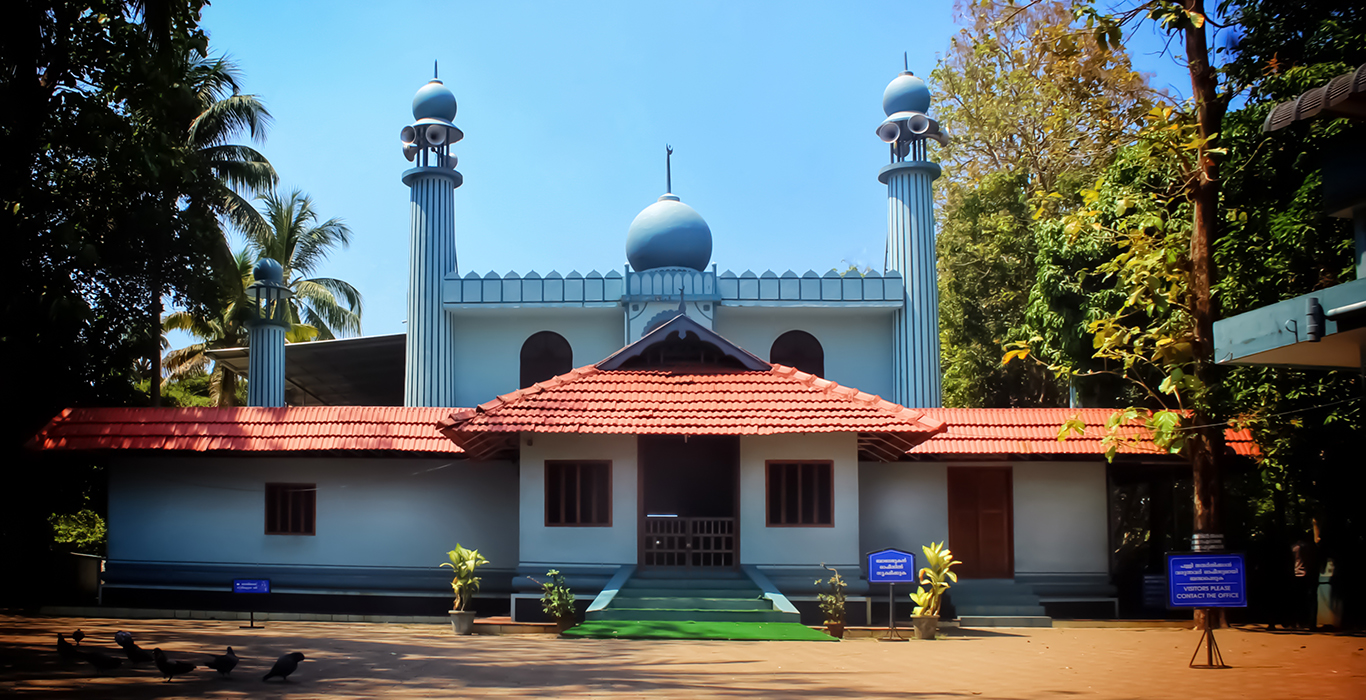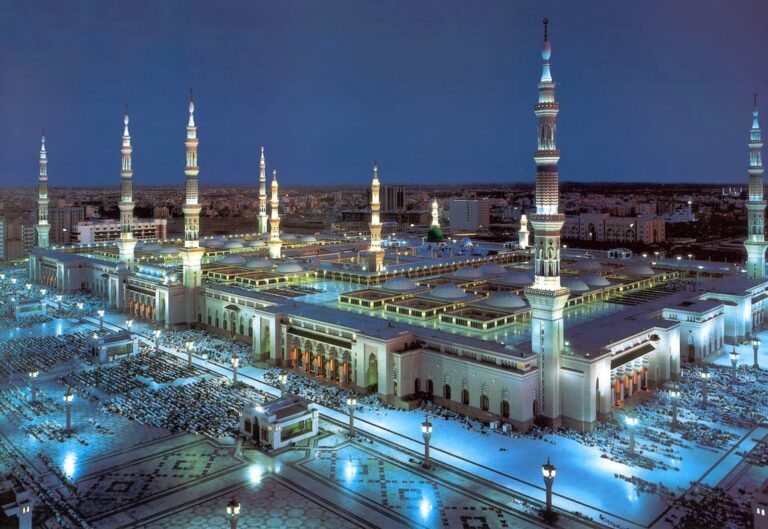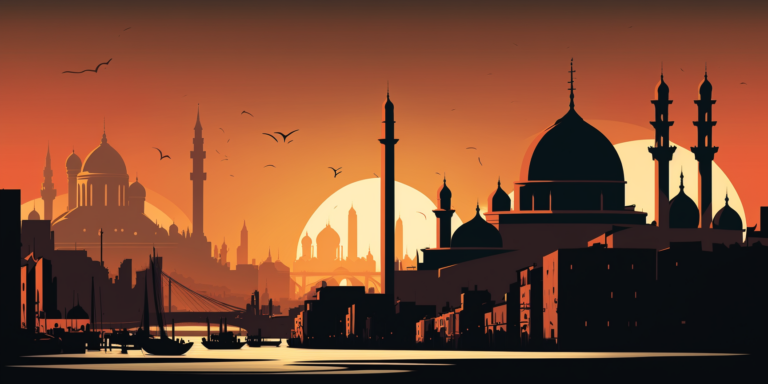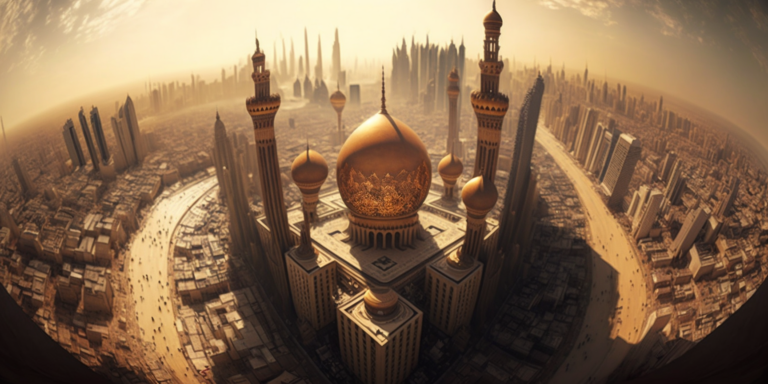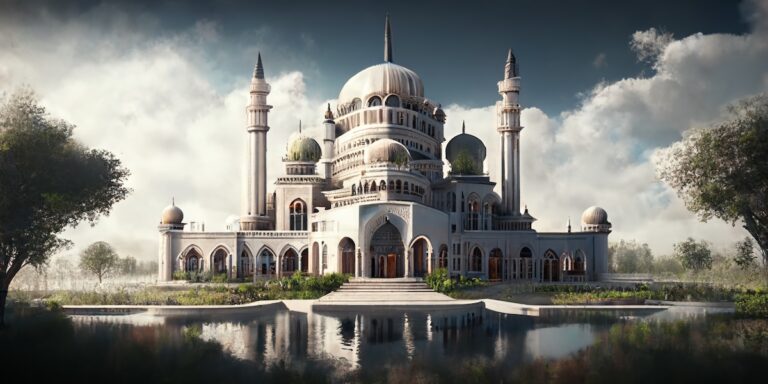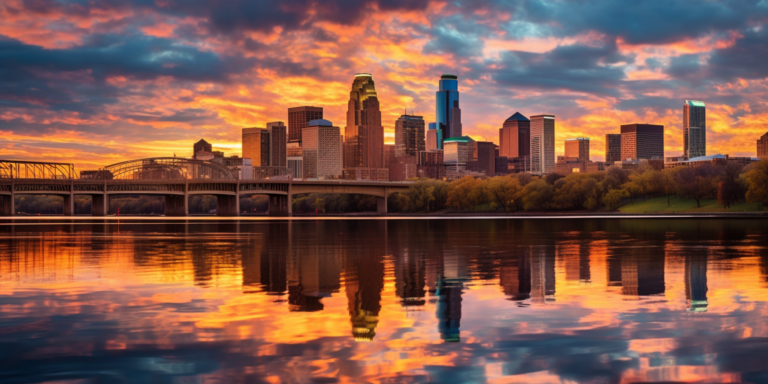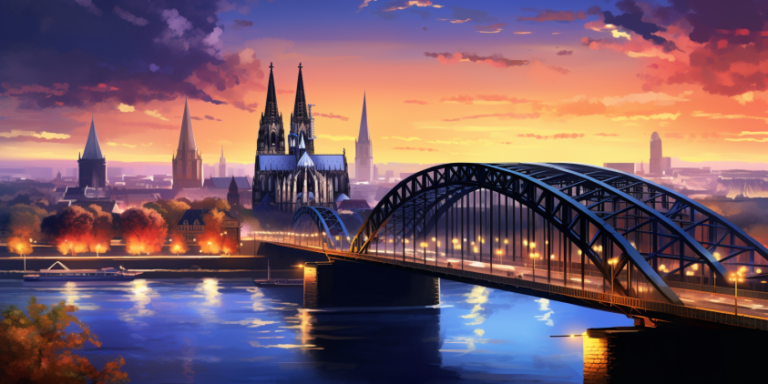The Fascinating Tale of India’s First Mosque
Among the myriad tapestry of historical buildings in India, the Cheraman Juma Mosque holds a special place as the oldest mosque in the Indian subcontinent. This mosque is located in Methala, Kodungallur, in the southern Indian state of Kerala, and stands as a beacon of harmony, intertwining different faiths and cultures. Founded in 629 CE, the mosque is named after Cheraman Perumal, a legendary king whose dream sparked a series of events leading to the introduction of Islam in this part of India.
The mosque was constructed by Malik ibn Dinar, a Muslim scholar and traveler known for his profound influence on Sunni thinkers. Malik ibn Dinar was one of the first known Muslims to propagate Islam in the Indian subcontinent after the departure of King Cheraman Perumal. A dedicated teacher, translator of the Qur’an, and an eloquent orator, Malik’s teachings continue to influence Islamic scholars to this day. In addition to his religious teachings, Malik also showed an appreciation for other religions, notably Christianity, and drew spiritual inspiration from various sources.
The Cheraman Juma Mosque is shrouded in legends and interesting trivia. It is the only mosque in Kerala that faces eastwards, unlike the traditional westward orientation of other mosques. The white marble in the premises is said to have been brought from Makkah, reflecting the mosque’s ties to the birthplace of Islam. The mosque has also been graced by notable personalities, including the former Indian president, Dr. A.P.J. Abdul Kalam.
Over the centuries, the mosque has undergone several renovations to accommodate a growing number of attendees. Despite these changes, the original sanctum sanctorum and the internal structure have been preserved in respect of their historical and cultural importance.
Today, the Cheraman Juma Mosque stands not just as a place of worship, but as a testament to a history of religious tolerance and cultural exchange. It is a reminder of Kerala’s vibrant tradition of embracing ideas, people, and religions from around the world, a tradition that continues to thrive today.
